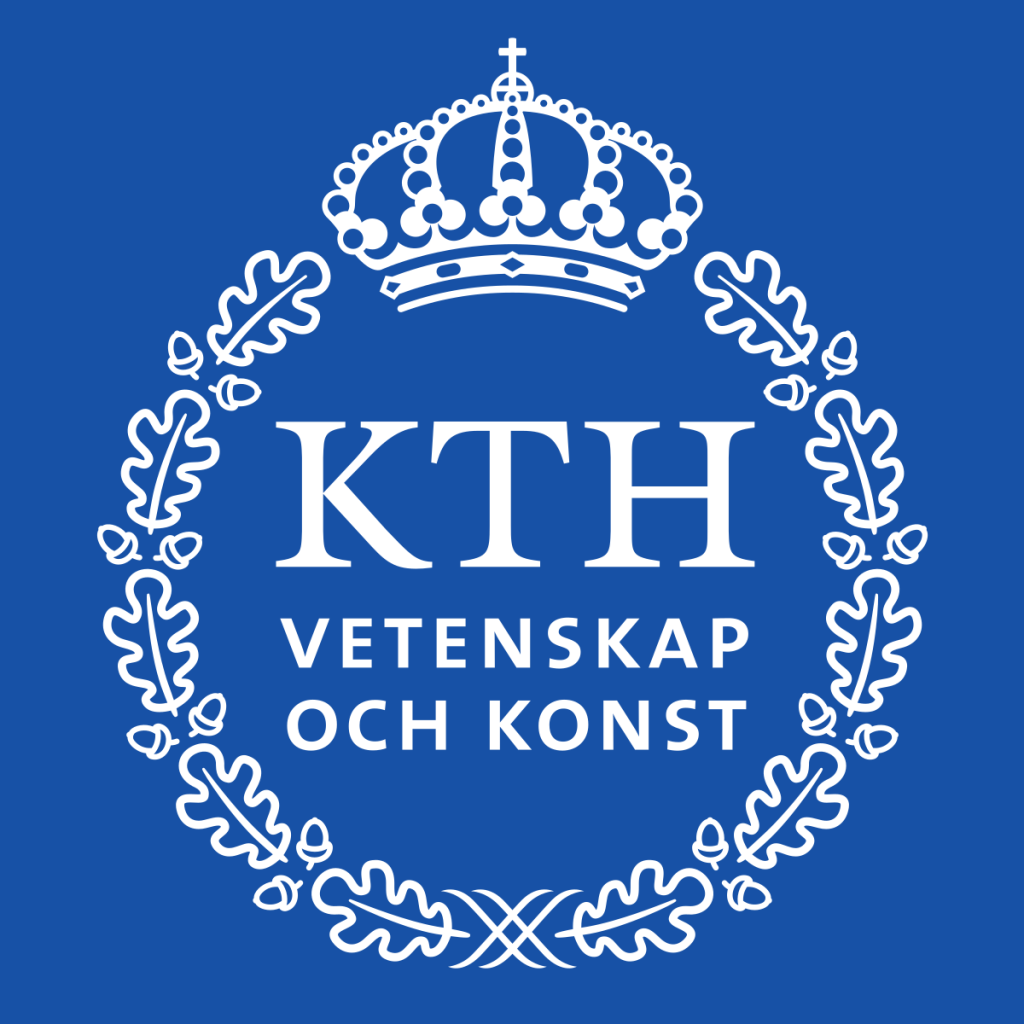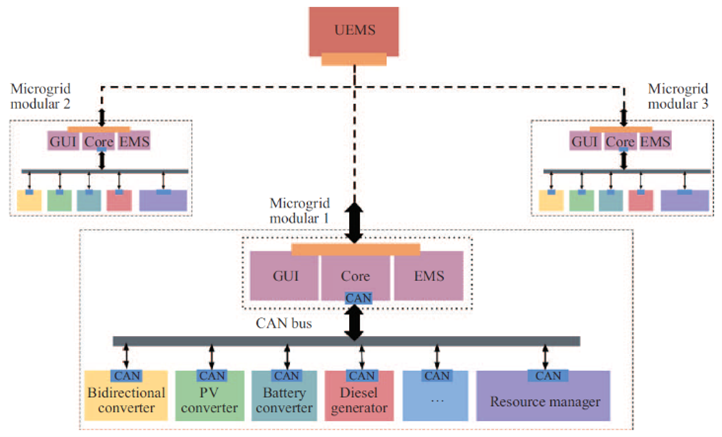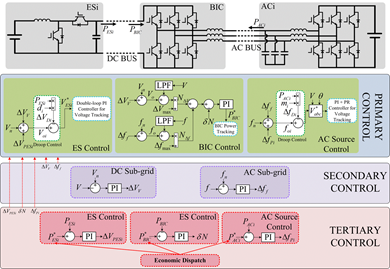Blog #7

Resilient microgrid platform at KTH
Lars Nordström – KTH, The Royal Institute of Technology
Hardware and communication system

Fig. 1
Communication network
Fig. 2
The developed hierarchical control platform

Hierarchical control platform
A hierarchical control platform is developed in the cloud for stable, reliable and cost-effective operation, as shown in Fig. 2. In primary level, local controllers are embedded in local converters to achieve real-time balance and autonomous operation even without the communication system. In secondary level, we develop a series centralized and distributed control strategies to enhance the power quality with accurate tracking of voltage, frequency and power. In tertiary level, we develop a distributed and robust energy management system to achieve optimized operating cost of single microgrid and optimal energy sharing among microgrids, considering uncertainties and network constraints with guaranteed information privacy and plug and play characteristics. We also develop novel module-based stability assessment algorithm and hierarchical reliability assessment tool to guarantee overall system stability and reliability. More studies will be investigated on this platform in the future, e.g. cybersecurity, market, protection, etc.
